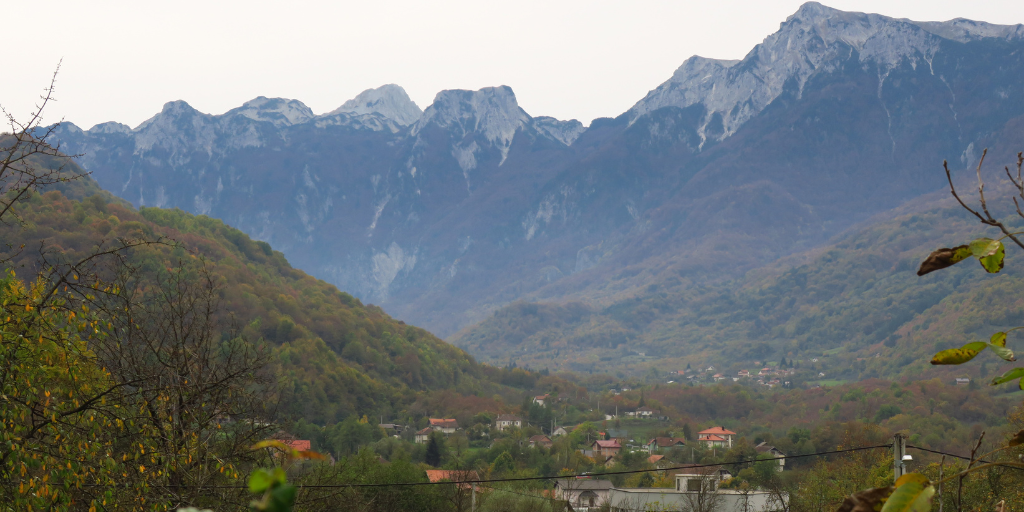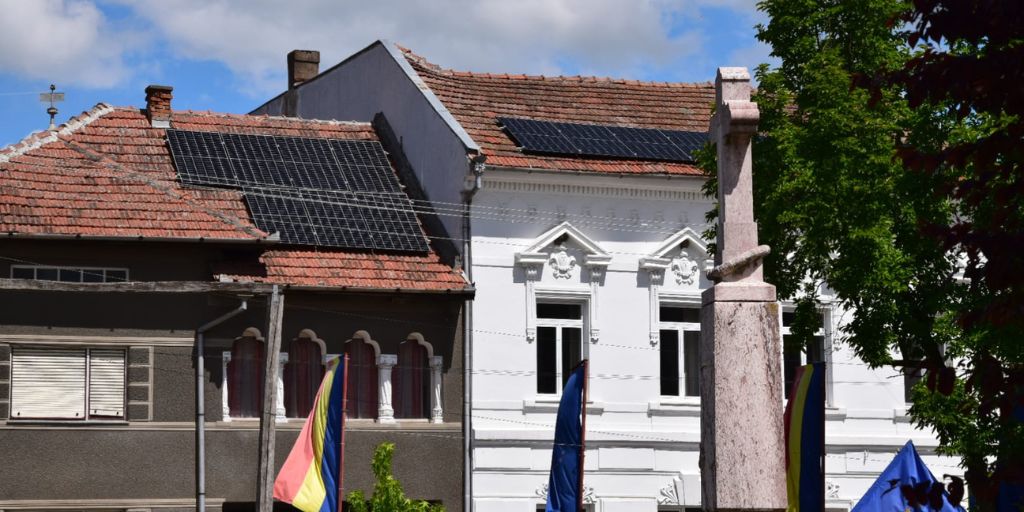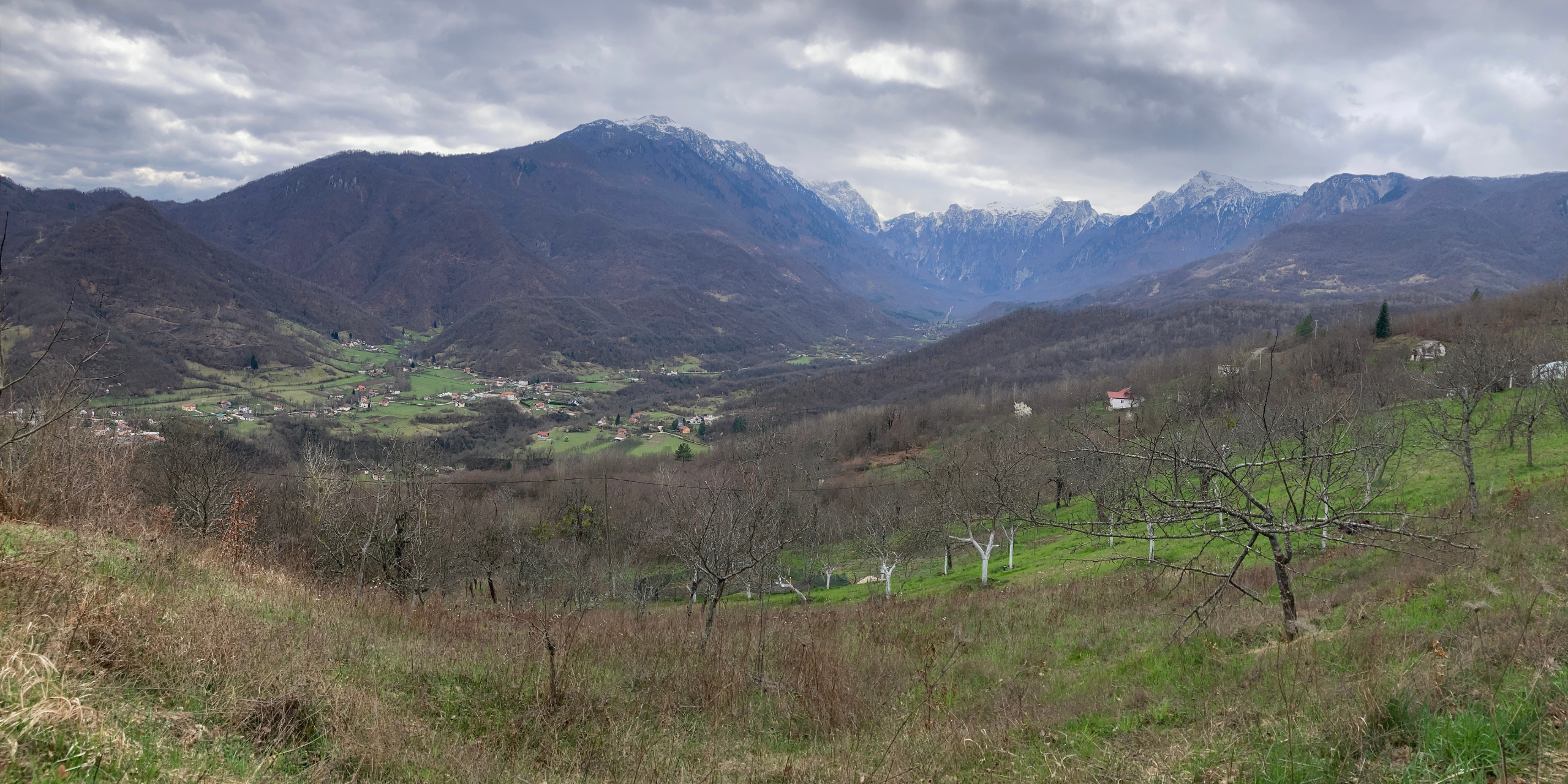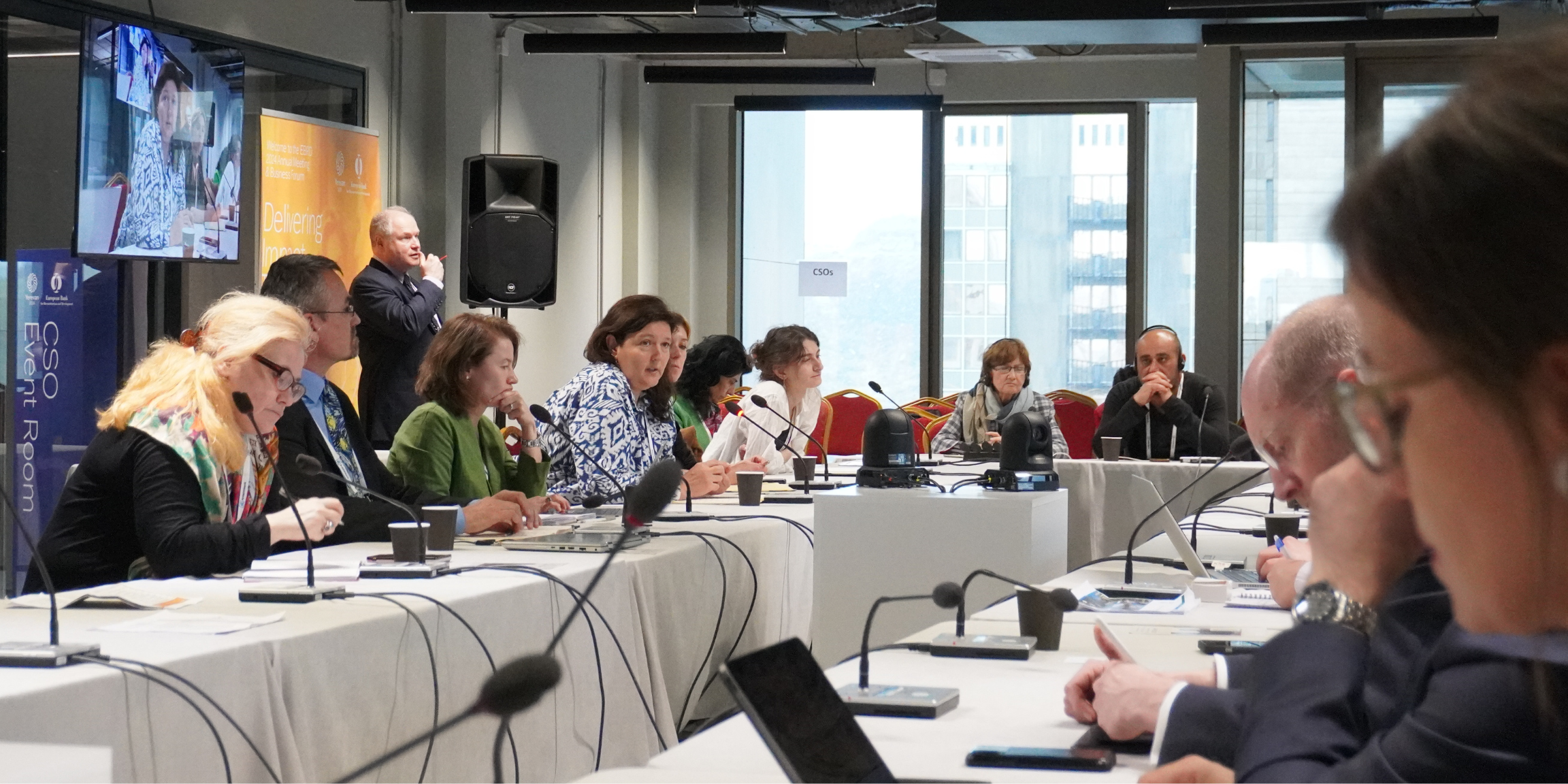It’s time to reflect on the 2024 Ukraine Recovery Conference (URC2024), held in Berlin in June. Bringing together over 3,400 participants across four thematic dimensions, with the Recovery Forum as the centrepiece, the conference highlighted the critical role of municipalities in Ukraine’s recovery efforts. Key discussions revolved around the distribution of financial resources, strengthening capacity, and nurturing partnerships.
The environmental and social impact assessment for the planned Prenj tunnel on the Corridor Vc motorway provides a wealth of details on some issues, but fundamental questions remain, particularly on the Bijela canyon Emerald site near Konjic and the Podgorani area near Mostar.
Following concerns from local people, the Aarhus Centre in Sarajevo and CEE Bankwatch Network have started legal actions on the lack of environmental impact assessment and appropriate assessment for the 132 MW Poklečani wind project in Bosnia and Herzegovina (BiH). Hasty decisions by the Federation of BiH authorities and European Investment Bank might end up delaying the project for years.
Photovoltaic panels on government buildings and homes, upgrades to the electricity system, a scheme for geothermal district heating, and investments in modern education. These aren’t the initiatives of a bustling capital city, but the ambitious plans of a small village in western Romania.
Last week, JP Autoceste and the EBRD held three open days on the planned Prenj tunnel, part of the 330-kilometre Corridor Vc motorway in Bosnia and Herzegovina (BiH). Bankwatch went along to see what this new format offers and how it works in practice.
The theme of this year’s EBRD Annual Meeting and Business Forum in Yerevan was ‘Delivering Impact Together’. However, discussions were dominated by the pressing issues of shrinking civic space and the exclusion of communities in the EBRD’s countries of operations.






